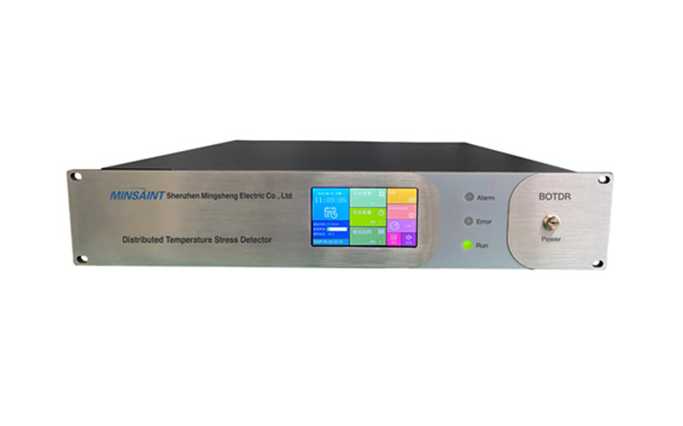Transportation costs can significantly impact your monthly budget, whether you’re commuting to work, running errands, or planning a road trip. With rising fuel prices and maintenance expenses, finding ways to spend less on transportation is more crucial than ever. This article explores various strategies that can help you cut down on transportation costs without compromising your mobility or convenience.
- Optimize Your Commute
Carpooling and Ride-Sharing
One of the most effective ways to reduce transportation expenses is to share rides. Carpooling with colleagues or friends can halve your fuel costs and reduce wear and tear on your vehicle. Additionally, ride-sharing services like Uber and Lyft often offer carpool options at a lower fare. By utilizing these services, you can save money while also contributing to reduced traffic congestion and lower emissions.
Public Transportation
If available in your area, public transportation can be a cost-effective alternative to driving. Buses, trains, and subways typically charge lower fares than the cumulative costs of fuel, parking, and maintenance associated with personal vehicles. Many cities offer monthly passes that provide unlimited travel for a fixed fee, further enhancing savings.
- Embrace Alternative Modes of Transportation
Biking and Walking
For shorter distances, consider biking or walking. Not only does this eliminate transportation costs, but it also promotes a healthier lifestyle. Many cities have invested in bike lanes and pedestrian-friendly infrastructure, making it safer and more convenient to travel without a vehicle. Additionally, biking can be a fun way to explore your surroundings while saving money.
Electric Scooters and E-Bikes
Electric scooters and e-bikes have gained popularity in urban areas as a convenient and affordable means of transportation. Many cities have rental programs that allow you to use these vehicles on a pay-per-ride basis, making them an economical choice for short trips. If you frequently use these modes of transport, consider purchasing your own to maximize savings.
- Optimize Vehicle Use
Regular Maintenance
Keeping your vehicle in good condition can prevent costly repairs and improve fuel efficiency. Regular maintenance, such as oil changes, tire rotations, and brake checks, can extend the life of your vehicle and ensure it runs efficiently. A well-maintained car consumes less fuel, ultimately saving you money at the pump.
Fuel Efficiency
If you must drive, consider adopting fuel-efficient driving habits. Avoid rapid acceleration and hard braking, as these behaviors can decrease your vehicle's fuel efficiency. Additionally, maintaining a steady speed and using cruise control on highways can help you save fuel. Keeping your tires properly inflated and reducing excess weight in your vehicle can also contribute to better gas mileage.
- Leverage Technology
Fuel Price Apps
Take advantage of technology to find the best fuel prices in your area. Numerous apps and websites provide real-time information on gas prices, allowing you to choose the cheapest station nearby. Some apps even offer rewards programs that can lead to additional savings on fuel purchases.
Navigation Apps
Using navigation apps can help you avoid traffic congestion and find the quickest routes to your destination. By reducing travel time, you can save on fuel costs and minimize wear and tear on your vehicle. Some apps also provide alternative routes that may be longer in distance but shorter in time, helping you make informed decisions about your travel.
- Rethink Vehicle Ownership
Car Sharing Services
If you only need a vehicle occasionally, consider using car-sharing services like Zipcar or Turo. These platforms allow you to rent a car for a few hours or days, eliminating the costs associated with ownership, such as insurance, maintenance, and parking. This option is particularly beneficial for urban dwellers who may not need a car on a daily basis.
Public Transit Passes
If you rely heavily on public transportation, investigate whether your employer offers transit benefits or subsidies. Many companies provide pre-tax deductions for public transit passes, allowing you to save money while commuting. Additionally, some cities offer discounts for students, seniors, or low-income residents, making public transportation even more affordable.
Conclusion
Reducing transportation costs requires a multifaceted approach that combines smart planning, alternative transportation options, and leveraging technology. By implementing these strategies, you can significantly decrease your transportation expenses while maintaining your mobility. Whether you choose to carpool, utilize public transportation, or embrace biking, every small change can lead to substantial savings over time. Start today, and watch your transportation costs dwindle!





